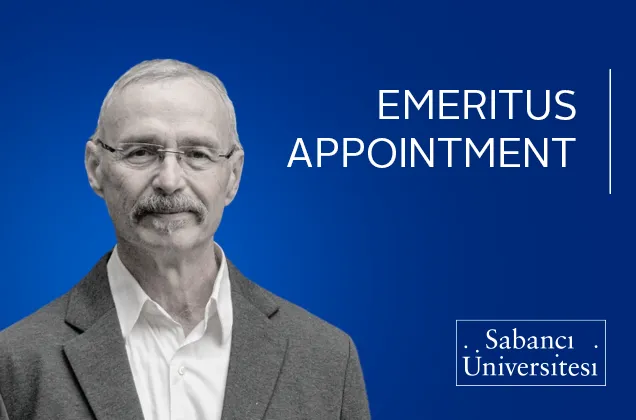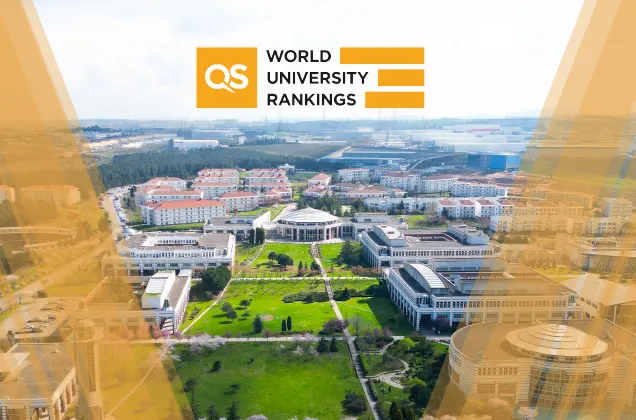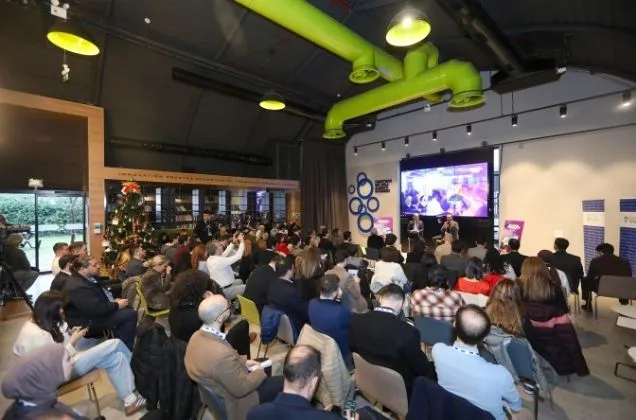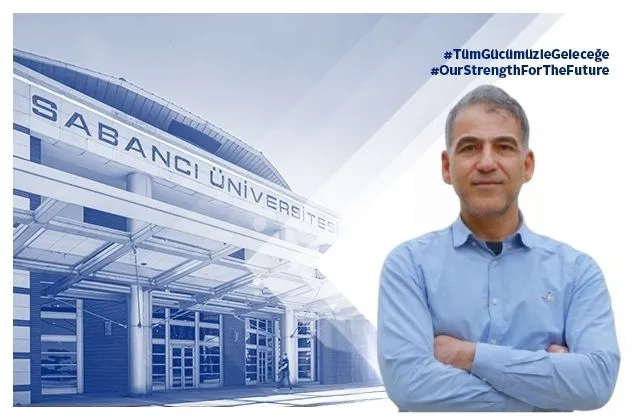27/09/2012
The Mercator-IPC Fellowship introduced its 2012-2013 fellows in an event with Kemal Derviş and Cem Özdemir
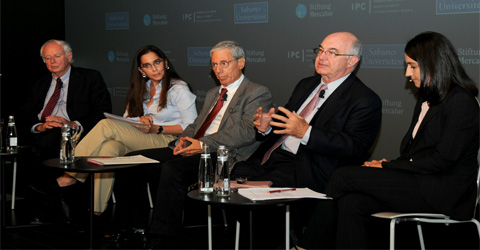
The Mercator-IPC Fellowship held an event to mark the beginning of the 2012-2013 program. Held on September 25, the program introduced the fellows whose work will be supported by the Istanbul Policy Center – Sabancı University – Stiftung Mercator Initiative.
Mercator-IPC Fellowship aims to strengthen the ties between Turkey and Germany, as well as Turkey and Europe by facilitating the exchange of people and knowledge. The program supports projects on climate change, EU/German-Turkish relations, and education. The 2012-2013 program includes three fellows on climate change, two on EU/German-Turkish relations and one on education.
The Fellowship also conducts joint efforts with select senior scholars. The senior fellows of the 2012-2013 Mercator-IPC Fellowship Program are Cem Özdemir, Co-Chairman of the German Green Party, and Ömer Madra, founder of Açık Radyo.
An event was held to introduce the fellows. Opening speeches were given by Sabancı University President Nihat Berker, Stiftung Mercator Chairman Bernhard Lorentz and IPC Director Fuat Keyman.
The event continued with German Green Party Co-Chair and Mercator-IPC Senior Fellow Cem Özdemir’s speech titled “Europe at a Turning Point: Why Is Turkey Important?”
Cem Özdemir said that the key issue was to understand how we were to coexist in the world, and argued that Turkey and the EU need to maintain a joint foreign policy and work together to find a common solution to global problems. Özdemir said that Turkey should be a member of the EU due to shared values, and explained that there were still issues related to EU membership, visa requirements and immigration policy.
Cem Özdemir continued: “Turkey’s recent growth is not simply the result of the ruling party’s policies. The efforts of Kemal Derviş as the the former Minister of Economy played a large part in this growth. Turkey maintains a rapid pace of improvement in areas where the EU has shortcomings. The public dedication to Turkey’s EU membership has decreased lately; yet, this must be maintained for Turkey to achieve its goal.”
On energy generation, Cem Özdemir said, “We must create a Europe where renewable energies are used and Turkey could play a part in providing this energy. Since the Fukushima nuclear disaster of March 2011, no democratic country will attempt to build nuclear plants; only dictatorships will.” Cem Özdemir concluded by saying that Turkey’s strong commitment to become an EU member brings Germany, Turkey and Europe together.
The speeches were followed by a panel discussion titled “Light of Hope: Turkish-German Relations at Turbulent Times.” Speakers of the panel were Sabancı University IPC Board Member and Vice-President of Brookings Institution Kemal Derviş, Mercator-IPC Senior Fellow and Founder of Açık Radyo Ömer Madra, Mercator-IPC Fellow Seçil Paçacı Elitok and Mercator-IPC International Board of Overseers Member and former Consul-General Klaus Scharioth. The moderator of the panel was Ayşe Kadıoğlu of the Sabancı University Faculty of Arts and Social Sciences.
Kemal Derviş underscored three important issues in his speech: “There is dynamic growth in developing countries; they have been outpacing the developed world since the 1990s, with average incomes increasing three times as fast as developed countries. The change in the Arab world leads to the fall of authoritarian regimes, which has significant implications for Europe. Turkey will play a part in the transition of these countries to democracy due to its proximity in the region. What that part will be is another question. Finally, the Euro zone needs further integration for a better solution. EU is not the former EU we know. It is in a quest and Turkey will be part of that quest, taking active part in it, because all dynamics are changing. Turkey will play this part best as a ‘full member.’ In the aftermath of the economic crisis, EU will be reformed and Turkey’s importance within the reformed EU will increase. I am confident that Turkey will be an important part of the change to come.”
About the Mercator-IPC Fellowship Program
Starting with its first fellows on September 1, 2012, the Mercator-IPC Fellowship aims to strengthen the academic, political and social ties between Turkey and Germany, as well as Turkey and Europe by facilitating excellent scientific research and hands-on policy work in the fields of climate change, EU/German-Turkish relations and education.
The Mercator – IPC Fellowship Program is the corner stone of the Istanbul Policy Center – Sabancı University – Stiftung Mercator Initiative. The program offers fellowships to German, Turkish, European and international scholars in the three fields above. Fellows are chosen by an international panel. The program has separate positions for young researchers and senior scholars. The fellowship duration varies between 6 and 12 months.
The 2012-2013 program includes three fellows on climate change, two on EU/German-Turkish relations and one on education. The fellows and their project titles are: Seçil Paçacı Elitok: The role of immigration in EU/German-Turkish Relations; Kerstin Krellenberg: A Framework for Studying the Adaptation of Mega-Cities to Climate Change; Ömer Lütfi Şen: An Integrated Approach to the Impact of Climate Change in Turkey; Pieter Verstraete: Changes in Theater in Turkey after Immigration: Social and Artistic Cooperation between Germany and Turkey; Anja Koenig: Social Entrepreneurship and the Role of the Government: Best Practices and Policy Choices in Climate Change; Dominik Hartmann: Analysis and Encouragement of Knowledge Transfer across Turkish-German Innovation Networks in the EU Integration Process. The senior fellows of the program are Cem Özdemir, Co-Chairman of the German Green Party, and Ömer Madra, founder of Açık Radyo.

